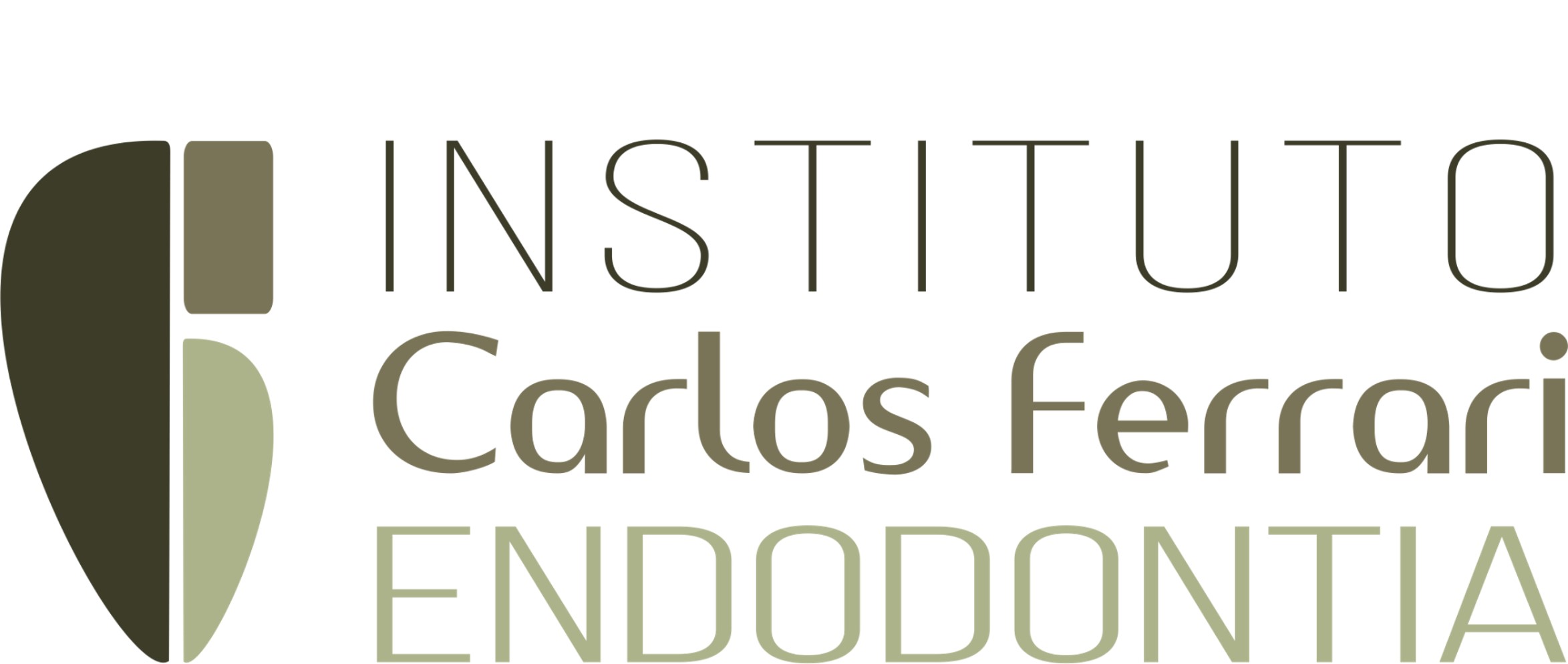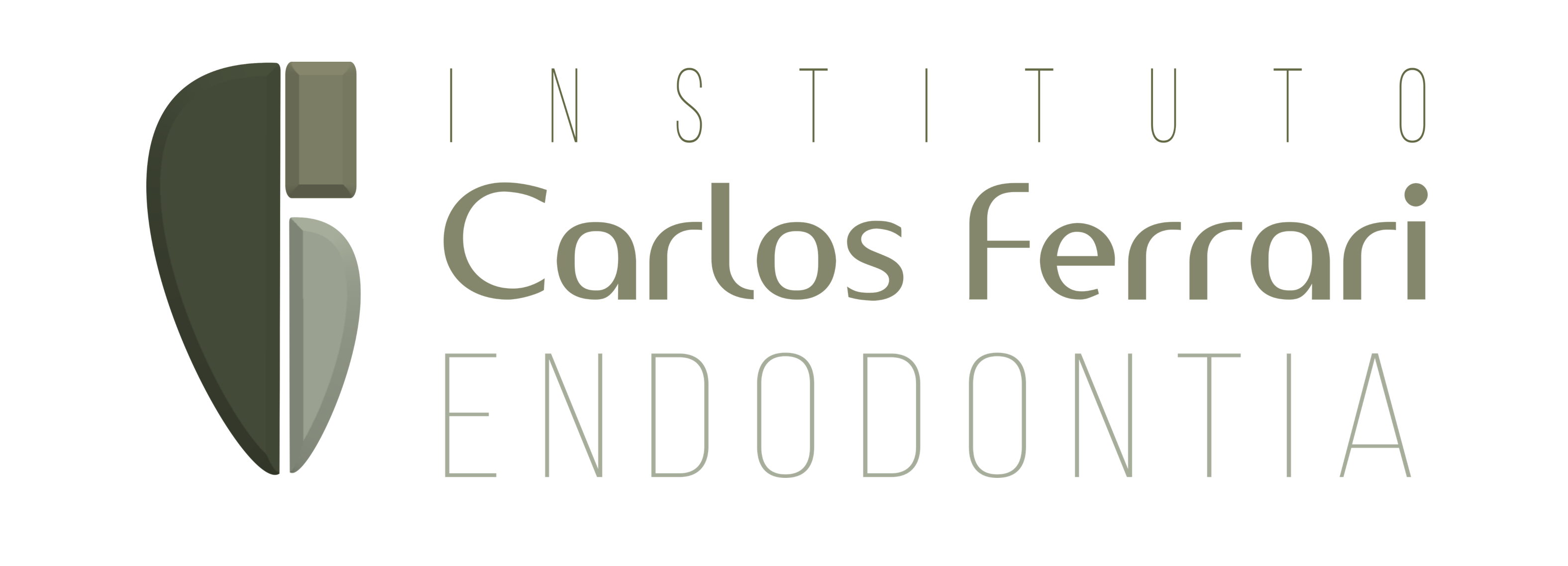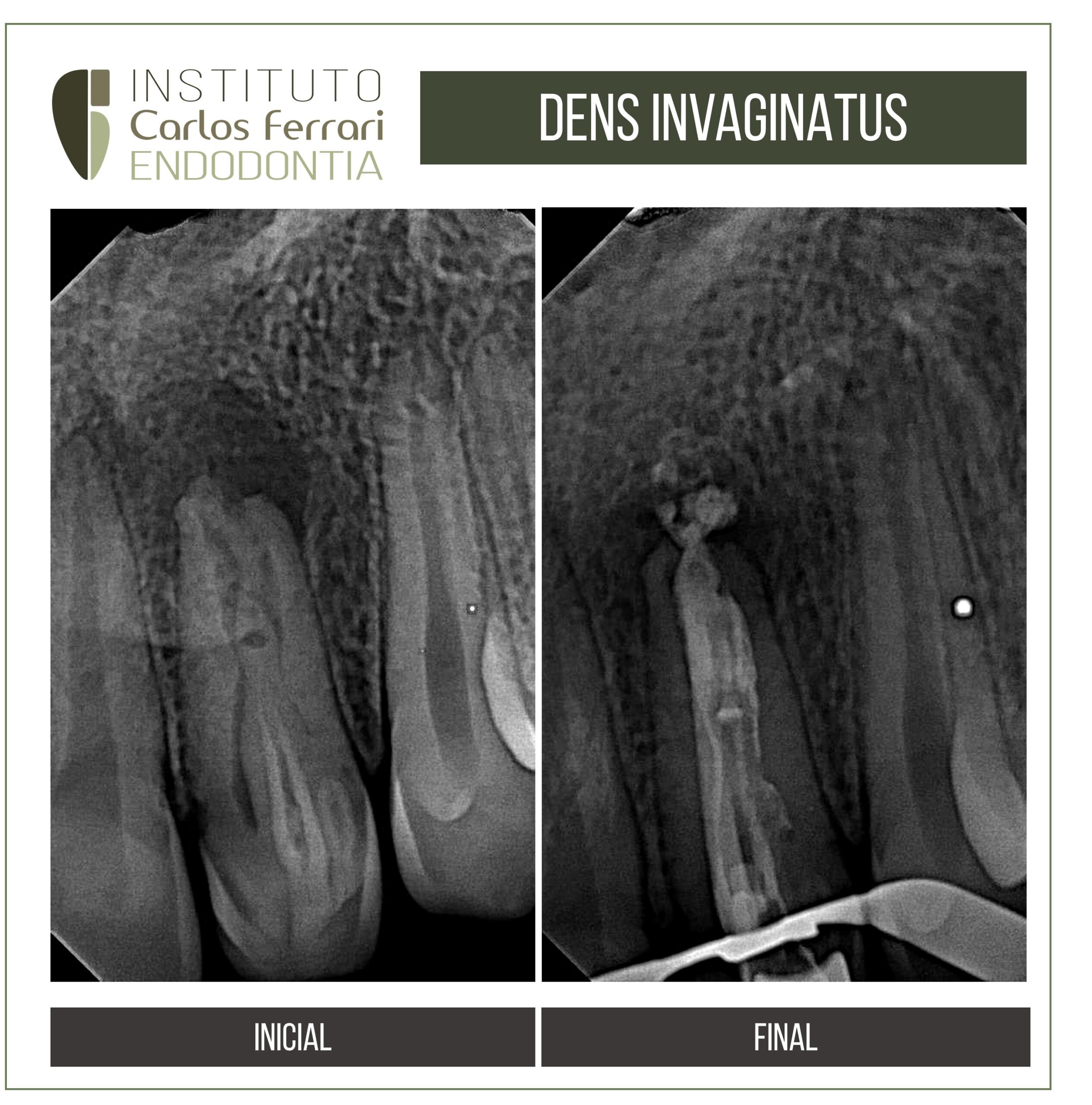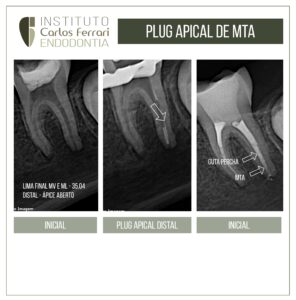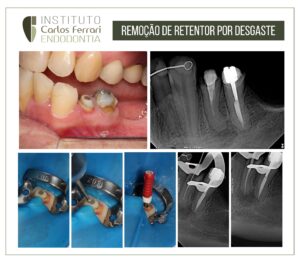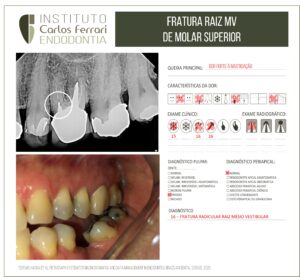Endodontic treatment of dens invaginatus
The patient came to the clinic complaining of swelling and severe pain on the left side of his face.
After the clinical examination showed a negative response from tooth 22, the radiographic examination showed a circumscribed radiolucent image on this tooth, which was therefore the cause of the acute abscess. In addition, a dens invaginatus malformation was observed.
After previous medication with antibiotics, the patient was re-examined 1 week later, revealing remission of the signs and symptoms.
In the first session, the canals were enlarged and mechanically decontaminated, followed by intracanal medication with Bio C Temp.
In the 2nd session, once clinical normality had been verified, the spaces were filled with Bio C Sealer, followed by the placement of a Bio C Repair Plug. After checking the plug radiographically, the entire canals were filled with bioceramic cement and sealed with composite resin.
Case carried out by students Jislayne Marcon, Camila do Valle and Zayli Rodriguez, from class 10 of the endodontics specialization course at HPG Brasília.
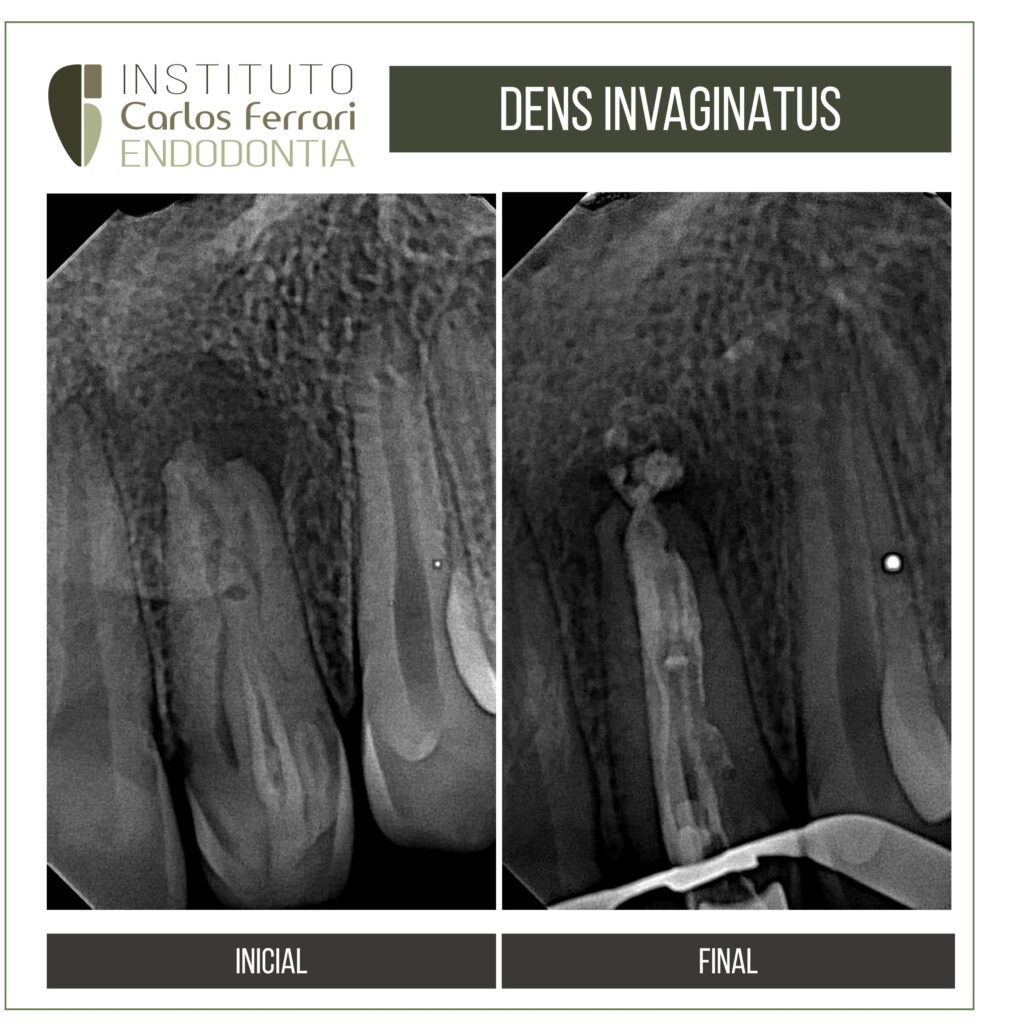
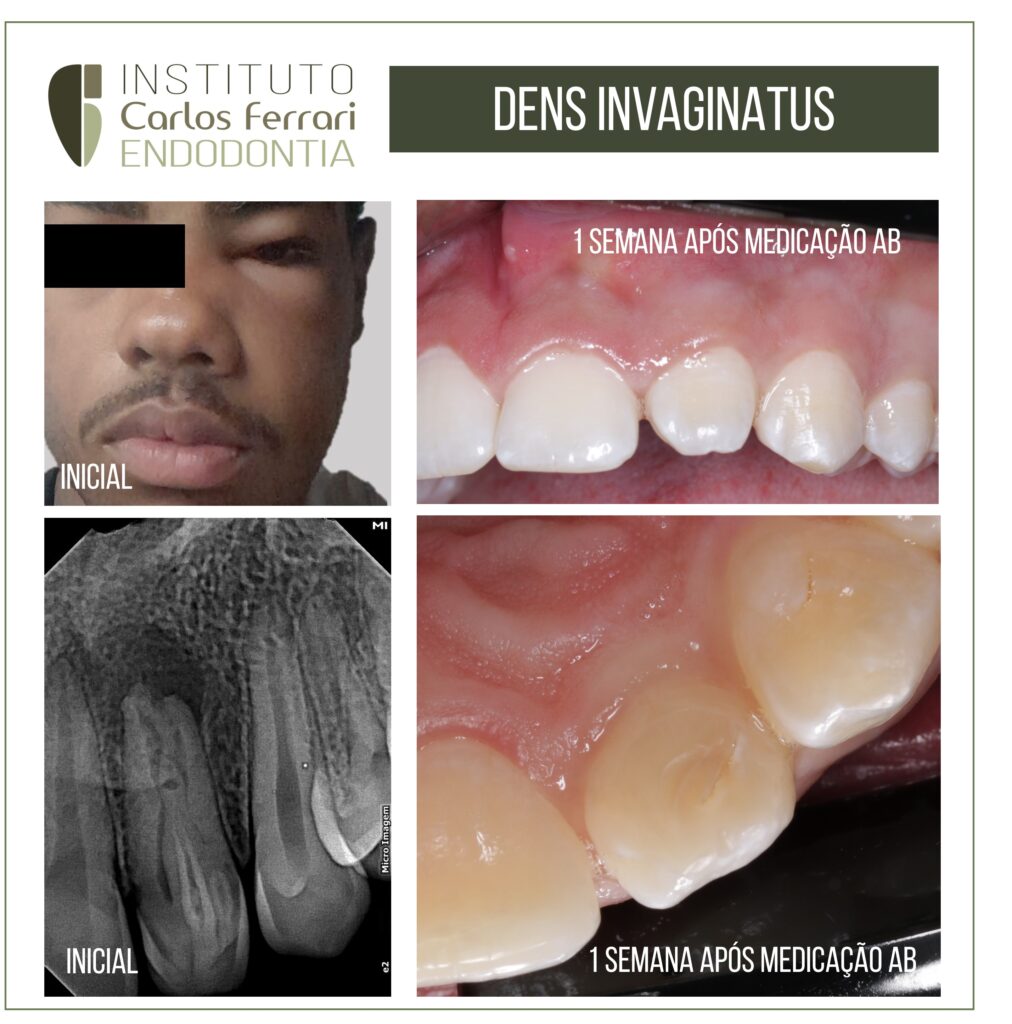
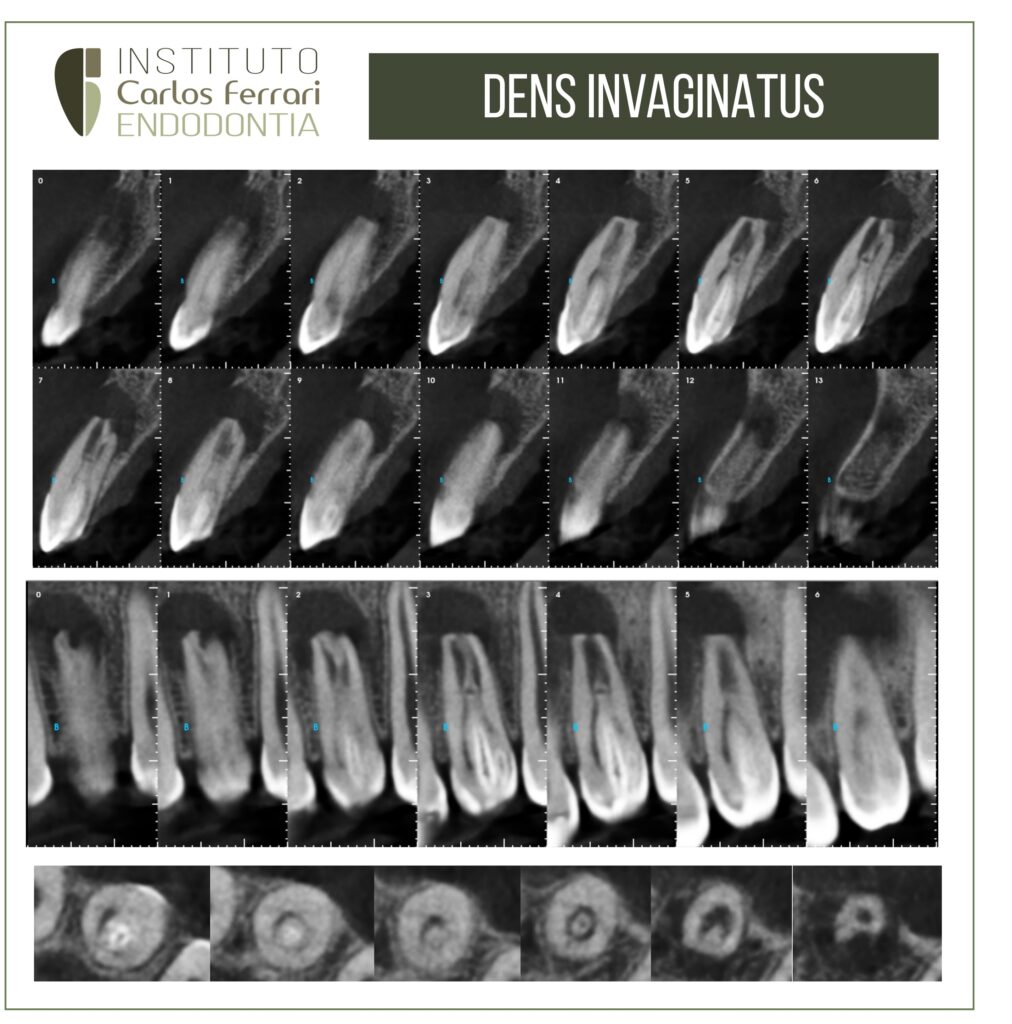

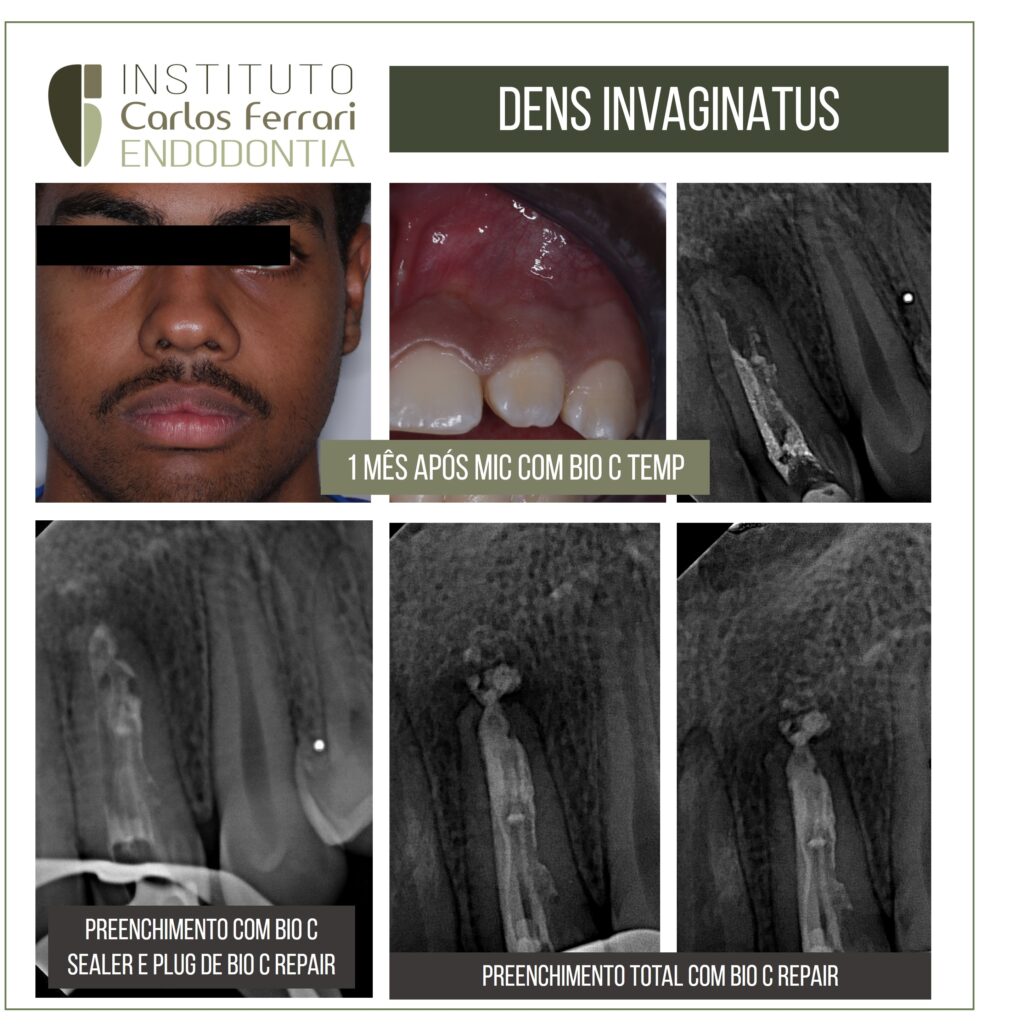
The MTA (Mineral Trioxide Aggregate) is a material derived from Portland cement that revolutionized the treatment of various cases in endodontics both in adult teeth and in teeth with incomplete rhizogenesis. It is a material with bioactive properties, that is, it promotes the union between bone and the material, promotes tissue repair in areas with bone inflammation, has a basic pH, around 12, with slow release of calcium hydroxide and excellent resistance and sealing properties, unique among dental materials.
The materials derived from MTA are called bioceramics. Today, bioceramic cements can be used as a more viscous material, for conventional obturation, known as obturating cements, or with more hardness, for other purposes, known as restorative cements. Among its main indications are pulp capping, pulpotomy, furcation and lateral perforations, inflammatory cervical resorption, inflammatory internal and external resorption, and apicification in teeth with incomplete root formation. For contact with MTA, the best materials are resinous materials. Adhesives can be applied on it without the need for acid etching.
https://ferrariendodontia.com.br/mta-e-bioceramicos-na-endodontia/
Endodontic treatment of dens invaginatus
